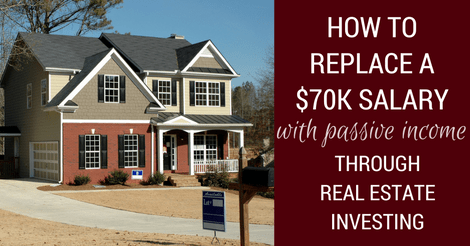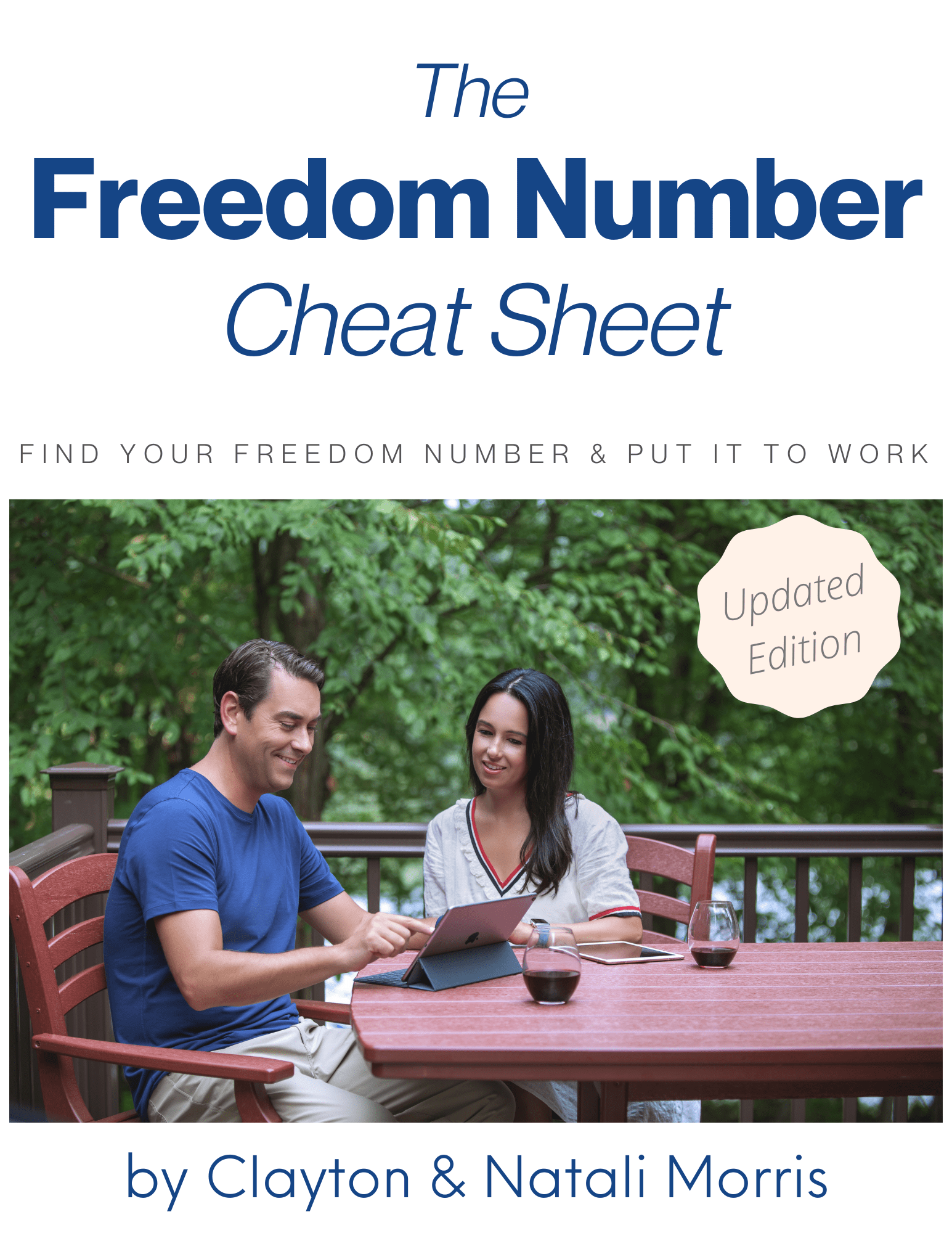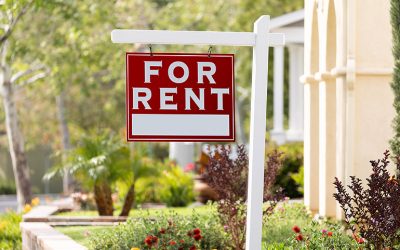
You spent years obtaining your degree and along with it came a load of educational debt. Now, you’re ready to start your life and figure out ways of bringing in streams of income, but with student loans to deal with, you may not be sure if you can even qualify for investment funding. Nearly every investor with student loans asks if they should buy a rental property while they still have debt.
The rising cost of a college education forces many young people to seek out funding which remains with them for ten years or more. About 70 percent of students graduate with debt, so navigating the waters of buying rentals and paying off student loans can be a little tricky.
1. Increase Your Cash Flow
You might wonder if it’s wise to invest in real estate when you still have any unpaid debt. However, real estate can create some cash flow that allows you to pay off the debt faster. Of course, there is always a risk with real estate investment, so you have to make sure you can meet monthly payments even if the rental sits empty or a tenant fails to pay their rent on time.
If you’re looking for some instant cash flow, investing in a property in a tourist area and listing it on Airbnb or Vrbo may bring in instant payments and fatten your wallet.
2. Refinance Student Loans
Student loan payments can put a crunch on your monthly budget and make it difficult to find the extra funds for investing. Look into refinancing student loans and getting a lower interest rate and monthly payment. If you have multiple types of loans, it might also make more sense to consolidate them into a single loan and payment.
Just pay careful attention to the overall interest rate and make sure you’re saving money. Federal loans often have low rates and a generous repayment schedule. You might be better off keeping any subsidized loans you have and only refinancing those with higher rates.
3. Cut Your Living Expenses
People just getting started in their careers may struggle to pay rent, utilities, buy food, make a car payment, pay on student loans and find the money for investing. If your parents are open to the idea, talk to them about living at home for a year or two so you can save on the overhead of having your own place. You can use that money to start your investment portfolio or pay your loans off early.
Of course, you probably don’t want to leech off your family’s generosity. You should help with expenses as you’re now an adult, such as buying your own food and pitching in on utilities.
Living at home isn’t the only option if you’re looking to cut back on everyday expenses. If you want to maintain your independence, pay careful attention to your budget and carefully decide where to allocate extra funds. Spend the time paying down debt, so your income to debt ratio is favorable for securing a mortgage.
4. Start an Emergency Fund
One thing about investment properties is that the unexpected will arise. If your money is extremely tight, an unexpected repair bill can sink you. Before you invest in property, build up an emergency fund of three to six months of living expenses and then an emergency fund for unexpected repairs on the property you plan to purchase.
Then, when the furnace needs repaired or the tenants don’t pay rent for three months, you have a nest egg to fall back on and you’ll better weather the storm. Banks may also look more favorably on you if you have significant savings.
5. Live in Your Rental
Another idea is to buy the place you’d like to invest in and live in it. You can either rent out individual rooms – this model works well if you live in a college town where young professionals need somewhere to stay that is affordable.
You could also buy a duplex and live on one side of it while renting out the other. Another idea is to live in a house, fix it up and then flip it for a profit before moving on to the next property.
Buying a Rental Property With Student Loan Debt
The answer to whether or not you should buy rental property when you still have student loan debt isn’t a simple yes or no option. Look at all the pros and cons of investing and decide whether it’s the right time for you. There is plenty of time to invest in property later if you decide to take a different financial strategy.
Holly Welles is the editor behind The Estate Update, where she shares real estate tips and ideas for home fixes.
Ready To Build Passive Income Through Rental Real Estate?
Ready to talk about your goals? We're here to show you the tools and teach you the process to begin earning legacy wealth for you and your family.








